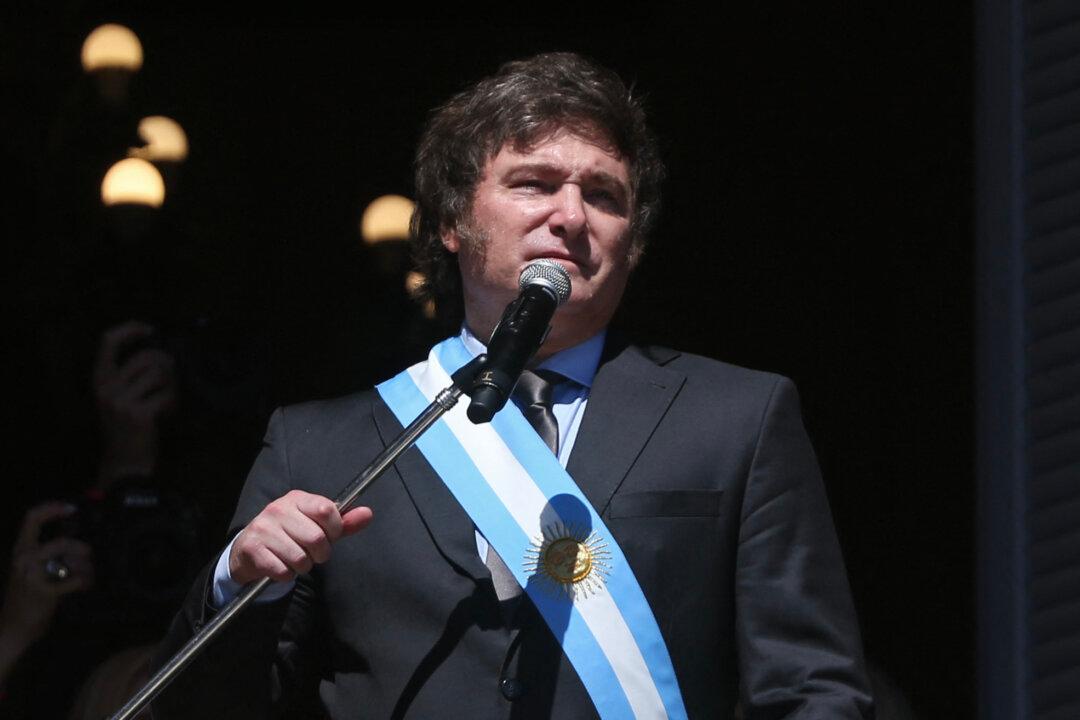Commentary
The stakes are extremely high for the new president of Argentina, Javier Milei. As soon as he took office last week, he issued a series of decrees that (if approved) would dramatically slash bureaucracy and spending. Already he has eliminated price controls, limited the privileged power of labor unions, and made steps to liberalize the labor market. He also plans the complete privatization of industry.





